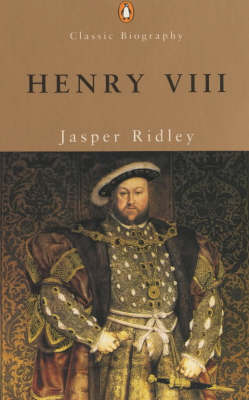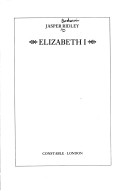Penguin Classic Biography S.
2 total works
This work offers a fresh look at the character and political cunning of his much-discussed, notorious, and fascinating subject. Henry, a man of fundamentally conservative views and narrowly selfish aims, was led, almost against his will and mainly by events, to introduce the Reformation in England and revolutionize the structure of English government and society. Henry's ministers and underlings, while aiding and abetting his establishment of an absolute dictatorship, found themselves again and again the instruments - and frequently the victims - of his iron will. Henry deliberately and cleverly fostered divisions between protestant and catholic factions in his government in order to keep them all in a state of confusion, eager to win his favour. His shrewdly unilateral and seemingly inconsistent responses to changing events led him to change violently the religion, politics and diplomacy of England in ways that were to his advantage, but not always to his liking. The author shows that Henry, far from being the gluttonous libertine of popular reputation, was rather an extremely perceptive, aggressive, and merciless monarch.
From the biographer of Henry VIII, an appraisal of his youngest daughter, the woman who would rule England during its golden age. She inherited from her father his intelligence, his physical energy, and his ebullient personality. But was she herself a great queen, or did she merely preside over a great era in English history. Ridley argues that Elizabeth's actions during her reign of England, and its military and cultural supremacy were determined by the fact that her parents were Henry VIII and Anne Boleyn.

